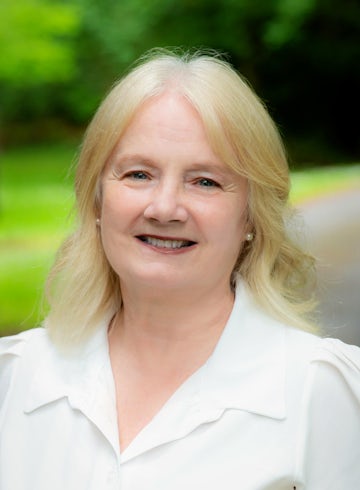legal guide to writing a will
our advice on will preparation
The purpose of this Guide is to assist you in giving clear instructions in connection with the preparation of your Will.
We suggest you consider the following in advance of your visit to our office:
- Please bring any previous Will made by you, or details of where it is held
- Please be able to give details of the approximate overall value of your estate and how it is made up.
- Please make a note of full names and addresses of family members and beneficiaries, and of your proposed Executors and Guardians.
- Please consider whether you wish to make bequests of specific items or specified sums of money to people or charities.
- Please consider whom you would wish to inherit the residue or remainder of your estate after debts and specific or monetary bequests have been paid.
- Please consider what should happen to your money or property if any of your beneficiaries die before you.
- If a child might inherit under the terms of your Will, you should consider whether you wish the money or property to be held by someone else on their behalf until a certain age has been attained.
- Please consider whether you wish your Will to give details of your funeral plans.
- Please bear in mind that your Executors will require access to the following information in the event of your death. (It would be of administrative assistance if you retained these various documents in the same place for safe keeping and made your Executors aware of how to obtain access to these):-
what information your executor needs
- Details of any pensions/ benefits received
- Bank/ Building Society books, cards, cheque books & statements
- Life Insurance Policies
- National Savings Certificates, Premium Bonds and statements
- Insurance Certificates (Including any house/contents insurance papers)
- Title deeds or property related papers such as Planning Permissions or -Building Warrants
- Tax papers
- Credit cards
- Vehicle Registration documents
- Passport
- Stocks, shares and unit trust certificates
- Dividend counterfoils
- ISA, PEP certificates and papers
- Any other papers of importance
- Log-in details of any information held electronically



